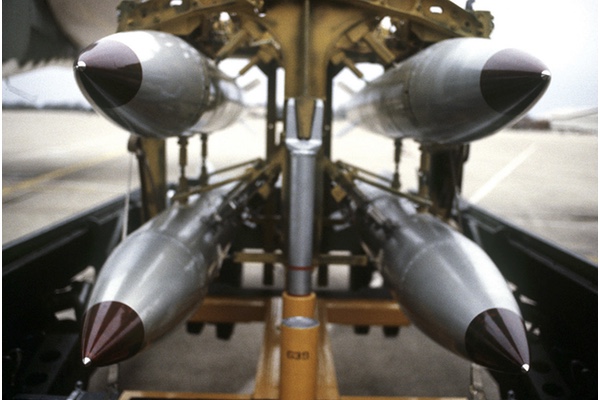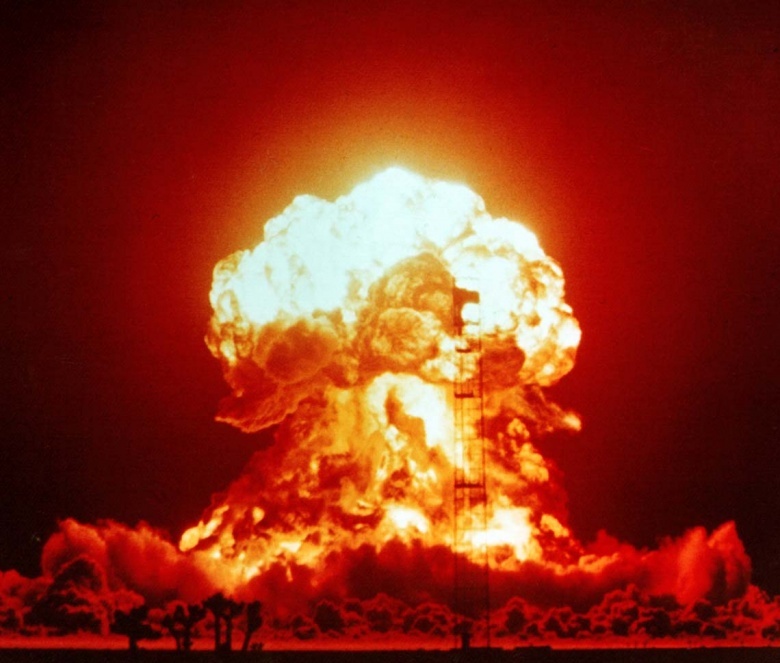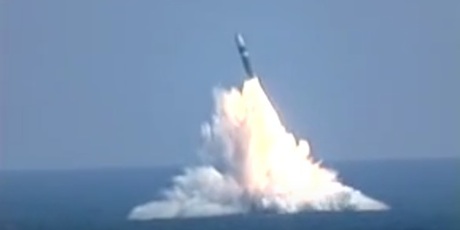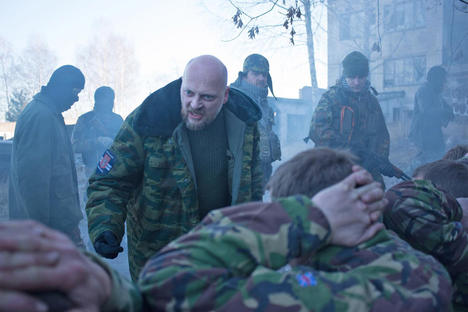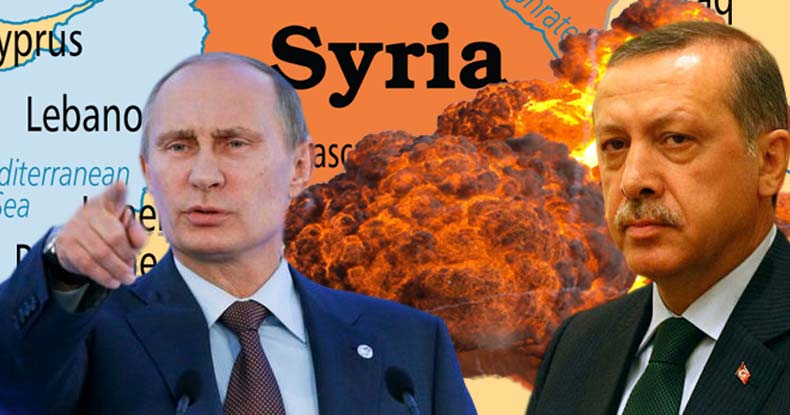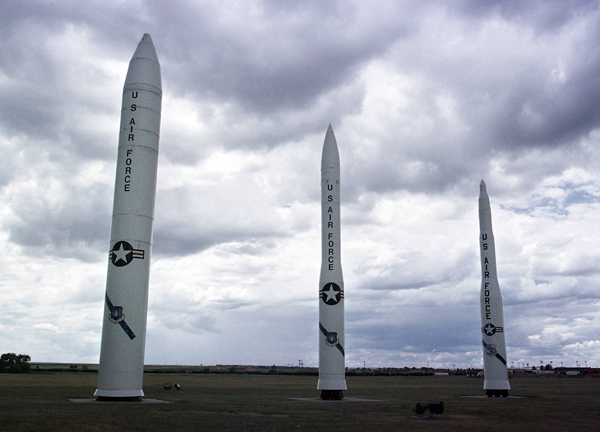(ANTIMEDIA) Indianapolis, IN — War games and nuclear policy perpetuated by the Obama administration are“fueling growing tensions” with Russia and putting the world at risk of a nuclear war, according to an official nonpartisan organization consisting of 1,407 mayors and other leaders of cities with 30,000 or more inhabitants.
In a unanimous decision at their 84th annual conference, the United States Conference of Mayors (USCM) passed a resolution condemning President Barack Obama’s decision to set the U.S. on track to spend $1 trillion over the next 30 years to “maintain and modernize its nuclear bombs and warheads, production facilities, delivery systems, and command and control.”
“The Obama administration has […] reduced the US nuclear stockpile less than any post-Cold War presidency,” the resolution, passed in Indianapolis on June 27, reads.
The resolution is supportive of the 1970 international nuclear agreement known as the Non-Proliferation Treaty (NPT), but the USCM chastised the Obama administration’s drift from NPT principles by contrasting it with another international agreement to which the administration has held steadfast.
Referencing the North Atlantic Treaty Organization (NATO) joint-military exercise in Eastern Europe, known asAnaconda 2016, the USCM said:
“The largest NATO war games in decades, involving 14,000 US troops, and activation of US missile defenses in Eastern Europe are fueling growing tensions between nuclear-armed giants.”
Noting 94 percent of the more than 15,000 nuclear weapons in the world are held by the U.S. or Russia — and that most of those are “orders of magnitude more powerful than the Hiroshima and Nagasaki bombs” — the USCM pushed for a nuclear weapons spending reduction “to the minimum necessary,” arguing in favor of more financial focus on “deteriorating” and “crumbling” infrastructure within the U.S., instead.
“[F]ederal funds are desperately needed in our communities to build affordable housing, create jobs with livable wages, improve public transit, and develop sustainable energy sources,” the resolution said.
Hiroshima and Nagasaki were repeatedly mentioned in the USCM document, including in the opening clause, which stated asserted the 1945 atomic bombings “indiscriminately incinerated tens of thousands of ordinary people, and by the end of 1945 more than 210,000 people – mainly civilians, were dead, and the surviving hibakusha, their children and grandchildren continue to suffer from physical, psychological and sociological effects.”
Though the resolution offered praise to President Obama for his May visit to Hiroshima, as well as congratulations on the success of international negotiations with Iran over its civilian nuclear program, the UCSM resolved to demand more multilateral talks and an end to nuclear weapons manufacturing.
However, the organization does not expect change to come until at least January 20, 2017, when a new president replaces Obama. Their resolution, titled, Calling on the Next U.S. President to Pursue Diplomacy with Other Nuclear-Armed States; Participate in Negotiations for the Elimination of Nuclear Weapons; Cut Nuclear Weapons Spending and Redirection Funds to Meet the Needs of Cities, issued a more urgent call for more U.S. cities to join the long-standing Mayors for Peace campaign, another movement against nuclear weapons.
Mayors for Peace is an international organization founded by the mayors of Hiroshima and Nagasaki in 1991. They currently have 5,500 member cities, and their goal is to reach 10,000 by 2020. The organization “calls upon cities to stand together for nuclear abolition and world peace.”
Below are the USCM’s resolution’s 23 sponsors and co-sponsors, all mayors, from 23 cities in 14 states, as well as the District of Columbia, according to the Western States Legal Foundation:
Little Rock, Arkansas — Mark Stodola
Santa Ana, California — Miguel A. Pulido
West Sacramento, California — Christopher L. Cabaldon
District of Columbia — Muriel Bowser
Hallandale Beach, Florida — Joy Cooper
West Palm Beach, Florida — Geraldine Muoio
Pembroke Pines, Florida — Frank Ortis
Normal, Illinois — Chris Koos
Urbana, Illinois — Laurel Lunt Prussing
Des Moines, Iowa — M. Franklin Cownie
Dubuque, Iowa — Roy Buol
College Park, Maryland — Patrick L. Wojahn
Holyoke, Massachusetts — Alex Morse
Benton Harbor, Michigan — Marcus Muhammad
Rochester, Minnesota — Ardell F. Brede
New York City, New York — Bill de Blasio
Dayton, Ohio — Nan Whaley
Beaverton, Oregon — Denny Doyle
Eugene, Oregon — Kitty Piercy
Portland, Oregon — Charlie Hales
Easton, Pennsylvania — Salvatore J. Panto, Jr.
Madison, Wisconsin — Paul Soglin
Racine, Wisconsin — John Dickert
